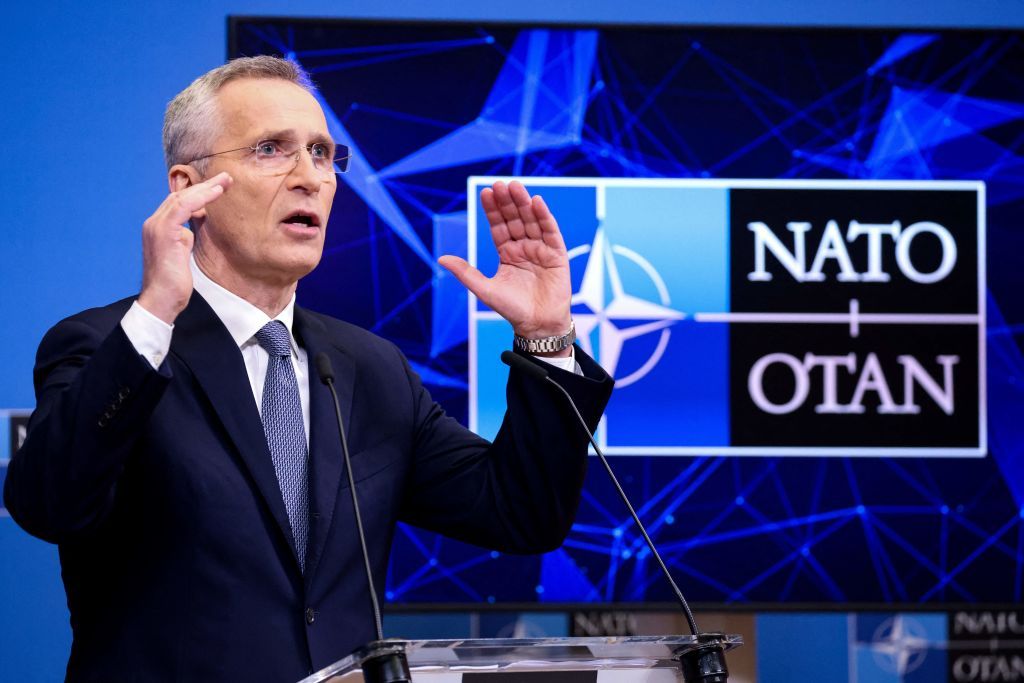Czech, Polish, Slovak leaders pen letter calling for Ukraine's postwar security guarantees
The prime ministers of Czechia, Poland, and Slovakia called for Ukraine to be given post-war security guarantees in a joint letter published by Foreign Affairs on April 24.
"Ukraine does not want to be at war with Russia. Nor do we. But it has become increasingly clear that Russia decided a long time ago that it is at war with us," Czech Prime Minister Petr Fiala, Polish Prime Minister Mateusz Morawiecki and Slovak Prime Minister Eduard Heger wrote.
According to the prime ministers, the full-scale invasion of Ukraine is the years-long culmination of political and hybrid warfare conducted by Russia.
The outcome of the war in Ukraine also has major ramifications for the security of the entire European continent, because "if Russia wins and Ukraine falls, Central Europe may well be next."
That is why peace must come "on Ukraine's terms," including the return of all Ukrainian territory under Russian occupation.
The prime ministers also wrote that aiding Ukraine is not to the detriment of countries' own defense capabilities and that "no type of conventional weapon should be excluded a priori," because with "every hesitation, every delay is dangerous for Ukraine. Giving it the leverage it needs to win is the best way to avoid protracted war."
Ukraine's postwar reconstruction primarily depends on its ability to defend itself against aggression in the future, and that means "NATO will have to answer difficult yet unavoidable questions about the alliance’s future, including its relationship to Ukraine and its future strategy on Russia," according to the prime ministers.
"Now is the time for the alliance to lay out a clear and credible path for Ukraine’s membership, if and when Kyiv wishes and when conditions allow. And until then, we must be ready to provide security guarantees, beyond political assurances, that prevent Ukraine from becoming a gray zone once and for all," Fiala, Morawiecki, and Heger added.
With that in mind, a policy of dialogue with Russia "should not be considered an end in itself" and therefore NATO, "as a political-military alliance, must be prepared to adjust its strategy (regarding Russia) on the go."












